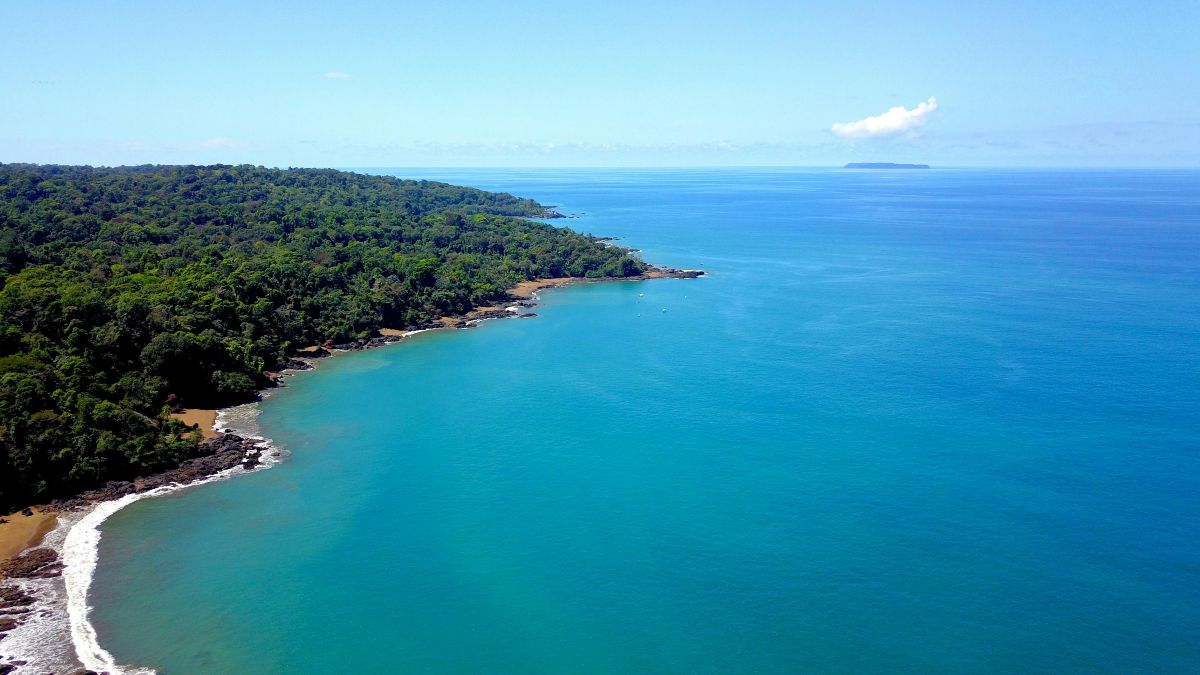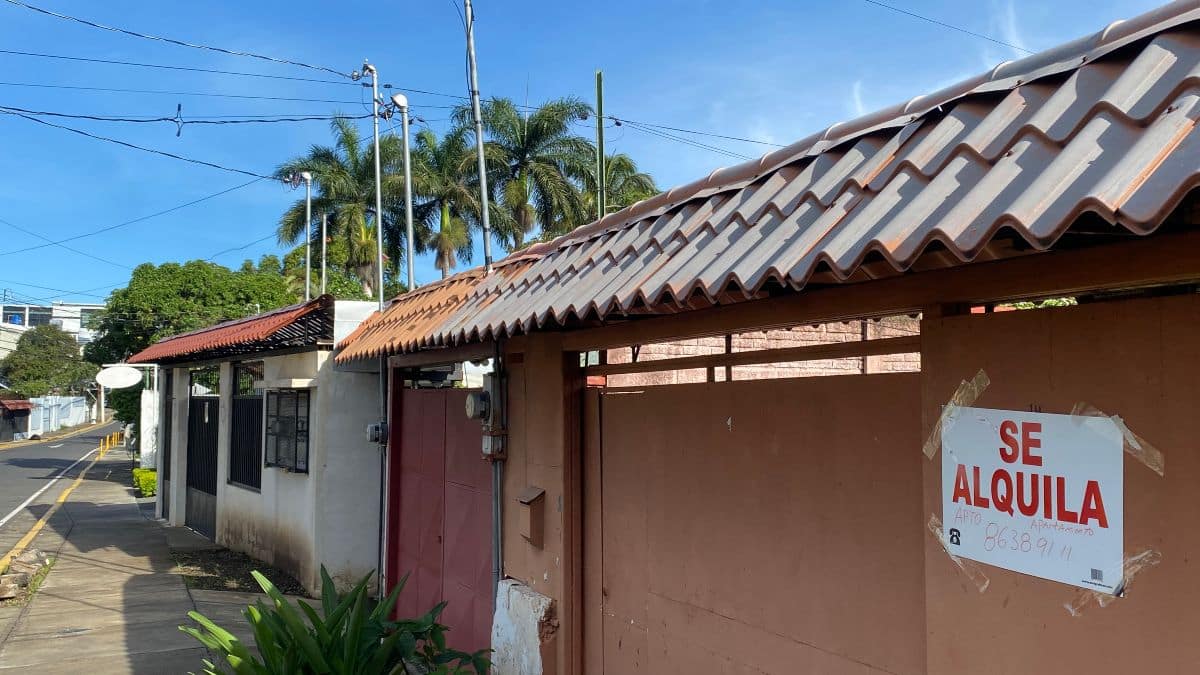The Costa Rica remote worker bill is finally (almost) a reality as President Carlos Alvarado signs it into law this morning.
Today, President Alvarado of Costa Rica signed Costa Rica’s remote worker bill into law. PLN diputado and ex-tourism minister Carlos Ricardo Benavides introduced the bill in September 2020. Speaking on Twitter today, he called today’s signing “a special day for Costa Rica.”
“We’re moving towards economic reactivation with the signing of the Law to attract Remote Workers,” he said.
President Alvarado also tweeted his praise of the new law, saying it provided “incentive for tourism, employment, and investment” throughout Costa Rica.
Bienvenidos los y las nómadas digitales 👩💻🧑💻
Firmé la ley que permite que una persona extranjera pueda teletrabajar en 🇨🇷 hasta por 1 año, que puede ampliarse por uno más. Incentivo para el turismo, empleo e inversión en las diversas regiones. @CRBenavidesJ @Visit_CostaRica pic.twitter.com/yu44mzs3UC— Carlos Alvarado Quesada (@CarlosAlvQ) August 11, 2021
The law will allow digital nomads to stay in Costa Rica for twelve months with the option of renewing for a second year.
To be eligible, the applicant will need to prove earnings of at least $3,000 per month, or $4,000 if they’re bringing family dependents with them. They’ll also need to buy health insurance to cover them and their dependents during their stay, plus pay a fee for the processing of their visa.
Both the minimal insurance coverage required and the fee are still yet to be determined. This means it still might be a while until the remote worker visa becomes a true reality.
Ricardo Benavides knows this, hence his other tweet this morning calling for the urgent implementation of the law.
Costa Rica necesita con urgencia la puesta en ejecución de esta ley, estamos en competencia con otras naciones, atraer esa gente para que inyecte ilusión y empleo a las comunidades más alejadas de este país #NómadasDigitales 👨🏼💻👩🏽💻👨🏻💻👩🏻💻🖥💻
— Carlos Ricardo Benavides (@CRBenavidesJ) August 11, 2021
“We’re in competition with other nations,” he said.
In Central America, Costa Rica is in competition with Panama, who passed its own bill to attract remote workers in May.
The Panamanian bill also stipulates a minimum monthly earning of $3,000 for the remote worker. It’s worth pointing out that $3,000 in Panama goes quite a bit further than $3,000 in Costa Rica.
In the wider region, many Caribbean island nations have put their own laws into place since the pandemic started. One could argue that Barbados was the first country in the world to kickstart the race to pass a remote worker visa to help its tourism industry in the light of Covid-19.
While in living in Costa Rica with a remote worker visa, digital nomads will have access to the Costa Rican banking system and be able to drive on their foreign license.
Today the Costa Rican legislature approves a new category of temporary “residency” in Costa Rica, allowing digital nomads to stay for up to two years if they fit the requirements needed.#digitalnomad #remotework #remoteworkers https://t.co/i9ij3DbsNR
— CentralAmericaLiving (@VidaAmerica) July 14, 2021
James Dyde is the editor of centralamerica.com. He lives in Escazu, Costa Rica.




